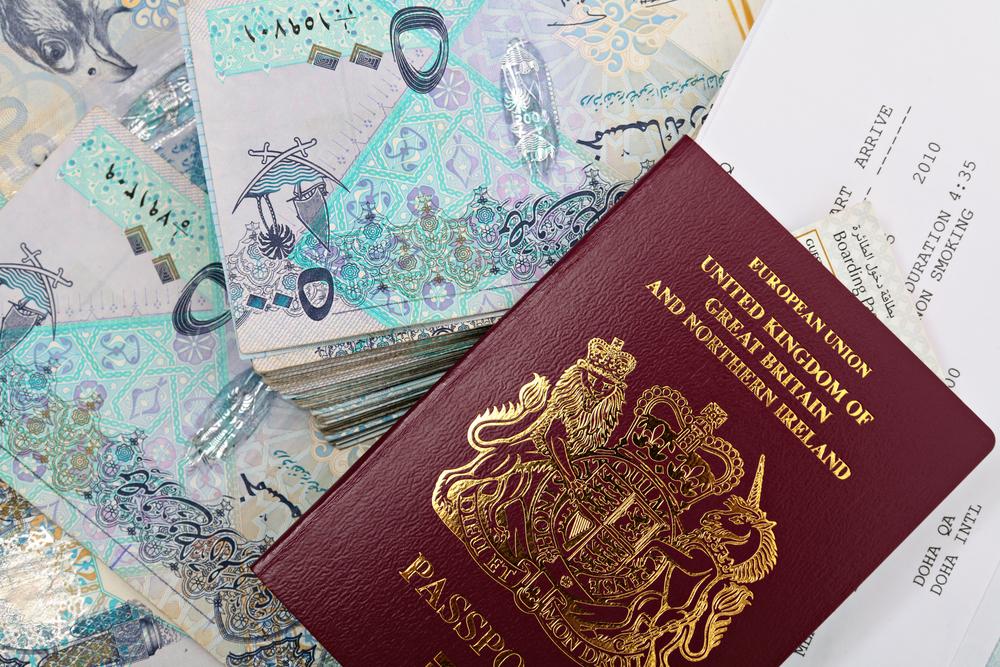5 Tax Myths That Can Be Costly For Expats
After retirement, you may decide to move overseas and settle down in another country. Or you may be required to live outside the country for a long-term as required by the organization you work for. Or maybe you are a digital nomad, who travels from country to country and work remotely. In any of these cases, you are an expatriate living outside the country. Being an expat makes you eligible to receive Social Security benefits.

At the same time, you are obliged to pay your taxes as well. Living outside the country does not exempt you from the rules of the IRS. Here are 5 tax myths that may cause problems for many expats.
- This first point actually clarifies two points. The first is that the US taxation system recognizes a taxpayer-based citizenship as well and not just residency-based citizenship. So, whichever part of the world you live in, your US citizenship means that you still fall under the purview of the US tax authorities. The second thing to note is that it is only mandatory to file tax returns. Expatriates often pay some type of taxes in the adopted country of residence, and the IRS does provide several deductions to expatriates so that their taxable income goes below the minimum amount.
You Might Also Like : 6 Things That May Happen If You Don’t Pay Your Taxes
- The above point about residence and citizenship might lead some people to believe that if they give up their US citizenship, they are not obligated to file tax returns and pay taxes. But this too is partially a myth. The exclusion of foreign-earned income might make it possible for a US citizen to have zero taxes in US. As mentioned in the previous point, this exemption might result in zero taxes, but you still have to file your tax returns on time.
- Low balances in bank accounts held in foreign countries do not absolve a US citizen of the need to report these low-balance accounts in their US tax returns. A low balance here means approximately $10,000. Some people believe that balances below this figure can go unreported. But this is an incorrect assumption. The actual rule does not mention individual bank accounts but mentions that if the total amount of money held in all such accounts is less than $10000 then it is not necessary to report this while filing tax returns.
- If you have been living overseas for several years and haven’t filed tax returns for many years, then theoretically, you do owe a lot of back taxes. You need to take advantage of streamlined filing compliance procedures and provide an explanation to the IRS that your failure to file was a non-willful conduct and was not done with the intention of concealing any information.
- In case the IRS considers that tax avoidance has been done willfully, then the biggest myth is that it is possible to fool the authorities forever. Sooner or later, they are bound to catch up with you, and when they do, the penalties and fines would be really steep. So, the best policy for an expat is to declare all income clearly, without trying to evade taxes.
Keep yourself updated with the latest on Taxes . Like us on Facebook and follow us on Twitter for more on Investments.
Disclaimer:
The content provided on our blog site traverses numerous categories, offering readers valuable and practical information. Readers can use the editorial team’s research and data to gain more insights into their topics of interest. However, they are requested not to treat the articles as conclusive. The website team cannot be held responsible for differences in data or inaccuracies found across other platforms. Please also note that the site might also miss out on various schemes and offers available that the readers may find more beneficial than the ones we cover.




